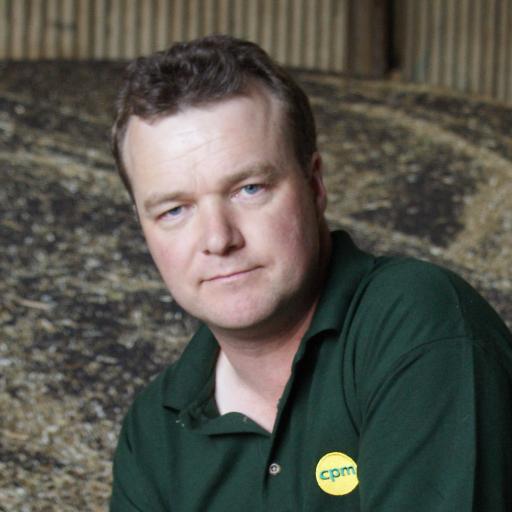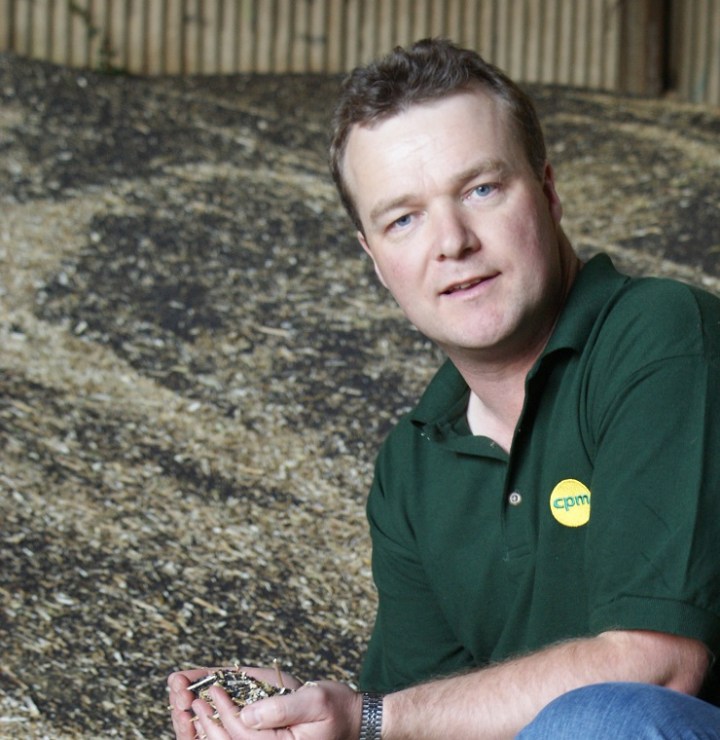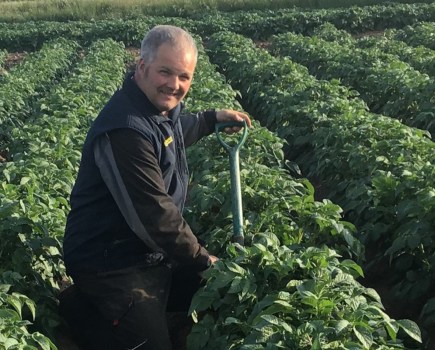
To a herbaholic such as myself, the prospect of losing glyphosate simply doesn’t bear thinking about, but it’s a very real threat.
I’m not talking about the regulatory threat because I don’t believe such a menace exists. One of the things about being a herbaholic is that it instils in you an unquestioning conviction that no law of the land will ever come between you and the subject of your addiction.
So, although there were times this summer when glyphosate appeared to come close to joining the growing band of pesticides we’re deemed too irresponsible to handle carefully, I always knew sense would prevail.
Besides, it seemed a pretty ludicrous suggestion that glyphosate would lose its approval, even if there was a shred of science behind the theory that it’s a probable carcinogen. What would be the consequence and the human cost? For myself, and my lowly 170ha, I’d probably consider giving up on food production and do something else with my land.
That would take conservatively about 500t of wheat out of world production – no big deal really. Until you consider that’s 1.7M loaves of bread, or the annual consumption of 54,848 people. So it follows I’d push 54,848 people closer to starvation if glyphosate lost its approval. It wouldn’t take many other farmers to do the same before there was a world food crisis, and all because glyphosate may supposedly be harmful (but hasn’t actually harmed anyone yet).
So no – call me a delusional herbaholic if you like, but I don’t think even the pencil-pushing blotter-jotters of Brussels or Whitehall would be so daft as to do such a thing as ban glyphosate.
The actual threat is weed resistance. Ever since herbaholics like me started talking about glyphosate resistance, pretending we were facing up to the reality, we always sheltered behind the assertion “no case of resistance to glyphosate has been confirmed in the UK to date”. In fact, as a journalist covering the issue, it’s always been one of the first questions I ask (although I’m not really sure whether this is to establish facts or because I’m desperate for that reassurance).
Well this month, I got a reply from a well respected scientist that shook me to my herbaholic core: “There are blackgrass populations we now know that are less susceptible to glyphosate” (see Theory to Field). It’s actually real and it’s actually happening.
The other aspect of this that’s really galling is that resistance is almost entirely down to what you do on your own farm. You can blame blackgrass-ridden bales of straw or contaminated cultivators if you like, but research has shown that resistance develops from localised selection pressure in a field, driven exclusively by the farming practice applied to the local weed population. So it’s real, it’s happening and it develops at a pace you have direct control over.
The final piece of the jigsaw is likelihood – if this horror is happening, how likely is it that it’ll happen to me? Let’s look at the evidence: when they tested my blackgrass, those friendly people at ADAS were kind enough to inform me that mine’s in the top 3% on the resistance scale (I swear they also wagged their finger at me, but the news came in an email, so it’s hard to tell). It’s pretty much bullet-proof, in other words. So it’s real, it’s happening, I’m pushing it and if there’s any population that’s likely to crumble, it’s mine.

That’s a pretty compelling argument to change – search for new ideas, try them to see if they work, monitor and develop the system, share ideas with others and glean the benefit of their experience.
But then, I’m a herbaholic – maybe a reformed one, but like many others, still addicted to the chemical can. Is it realistic to think we can truly find a way to avoid this unthinkable calamity, or will it be down to the next generation, unsullied by our addiction but wizened by our experience, to forge a new way?




